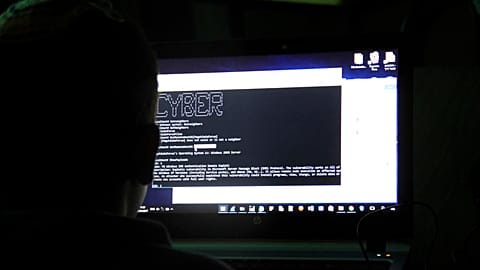“We are putting offenders on notice – they will face the full force of the law,” the victims minister said.
Making sexually explicit “deepfake” images will become a criminal offence in the UK, the government said amid a boom in new generative artificial intelligence (genAI) tools and a concerning rise in artificial images.
Deepfakes are pictures or videos that appear to be hyperrealistic but are digitally altered and spread to damage the reputation of someone.
“It is unacceptable that one in three women have been victims of online abuse,” Alex Davies-Jones, the UK’s victims and violence against women and girls minister, said in a statement announcing the government’s plans.
“These new offences will help prevent people being victimised online. We are putting offenders on notice – they will face the full force of the law,” Davies-Jones added.
The UK government said that both the creation and the diffusion of deepfakes could lead to charges.
Under the new offences, taking intimate images without consent could also lead to up to two years’ custody, according to a press release.
In 2019, Deeptrace, a company specialised in AI, estimated that porn made up 96 per cent of deepfake videos, with the vast majority created without the consent of the featured person.
Early cases of digital manipulation to sexualise women date back to 2017 but genAI provided new accessible tools that have led to a deepfake phenomenon.
Victims, meanwhile, have struggled with how to hold perpetrators accountable.
"With these new measures, we’re sending an unequivocal message: creating or sharing these vile images is not only unacceptable but criminal," said Baroness Jones, the UK’s technology minister, in a statement.
She added that companies “need to step up too” as platforms will face “tougher scrutiny and significant penalties”.
In the EU, the current legislation is a patchwork between the General Data Protection Regulation (GDPR) and individual countries' defamation laws.
A directive on combating violence against women and domestic violence, including cyberviolence, was adopted in spring 2024.
Victims can also turn to the platform StopNCII.org which helps to prevent the spread of images.


















